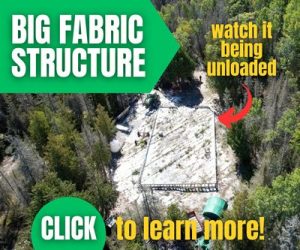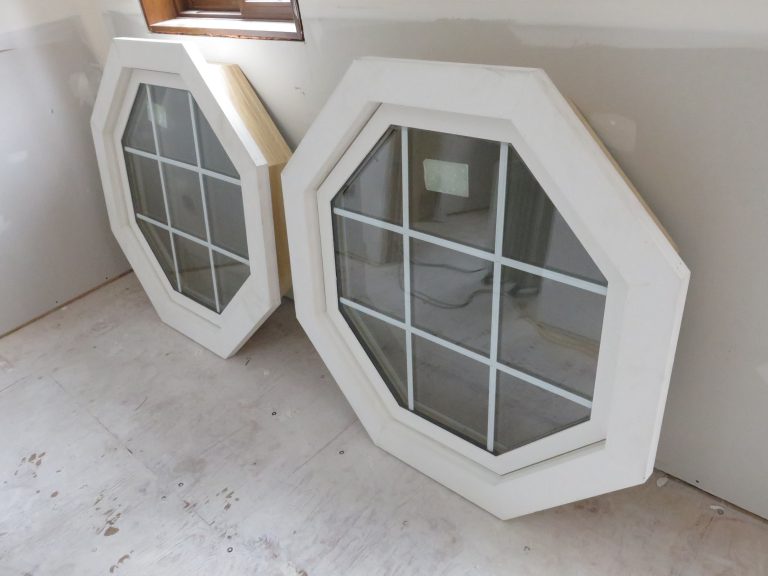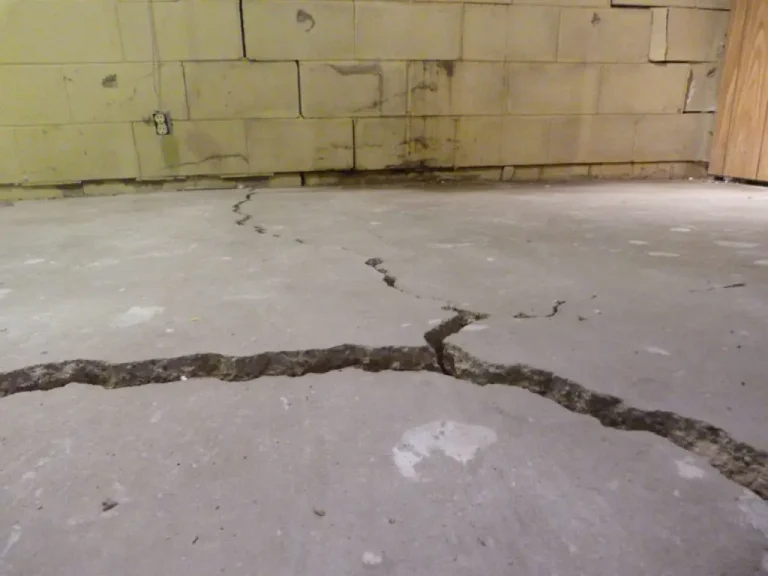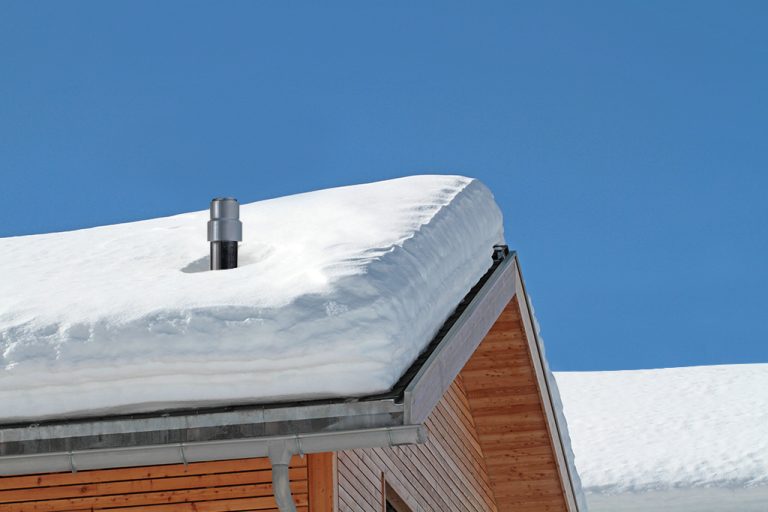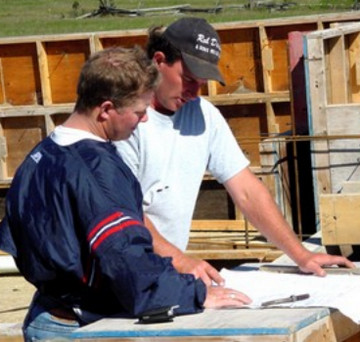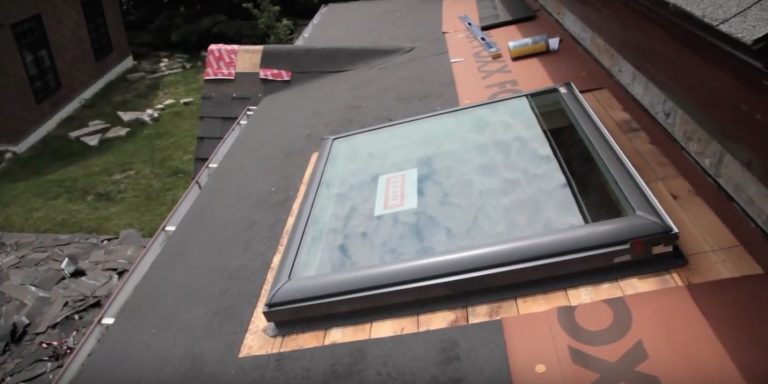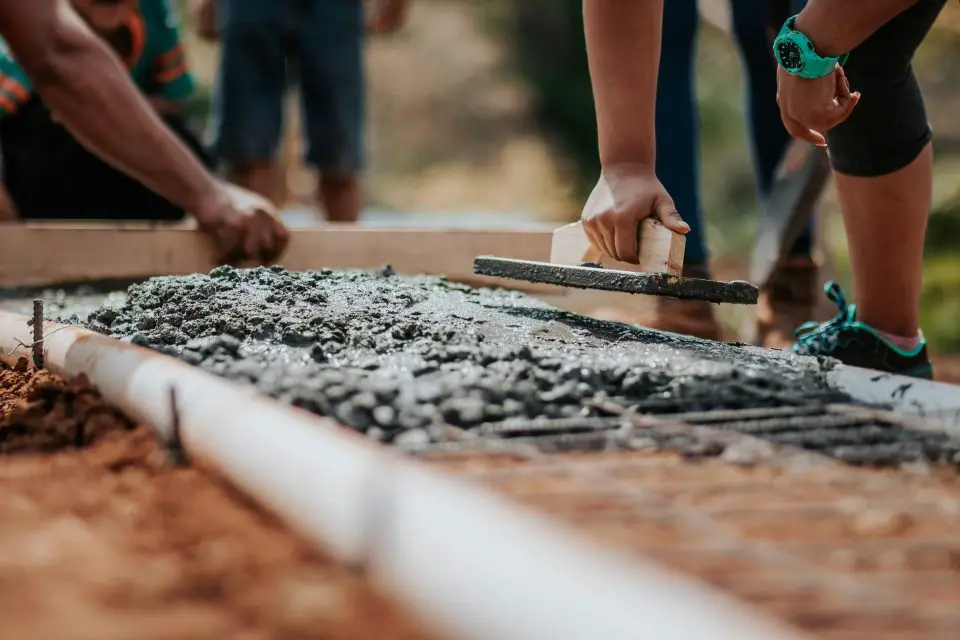
The foundation is the backbone of your home, supporting its weight and stabilizing the entire structure. A strong foundation is responsible for healthy indoor air quality and your home’s structural integrity. Proper foundation maintenance and repair are essential for the health and safety of your home and its residents.
The foundation is constantly affected by external factors, such as weather conditions, hydrostatic pressure, soil movement, and nearby structures. Foundation issues like cracks, leaks, bowing walls, and uneven floors are common and, if neglected for too long, may lead to serious problems and costly repairs. Here’s how to prevent and address foundation issues to keep your home safe and secure for years to come.
Understanding Foundation Issues
Foundation issues include any damage to the foundation that affects its strength and stability. Cracks on the walls, water intrusion, high humidity, tilting walls, and shifting or settlement are common foundation issues that can cause expensive issues and threaten the safety of your family. These issues are caused by different factors like soil movement, moisture content, poor construction, and natural settling. Neglecting even minor foundation issues can have severe consequences like structural damage, safety hazards, and costly repairs. Early and regular intervention is required to maintain the foundation and protect your home’s stability. While you can fix minor issues with DIY solutions, major issues require immediate professional inspection and reliable foundation repair services.
Identifying Early Warning Signs
Early detection is the most effective way to address foundation issues. Warning signs of foundation problems are wall cracks, sticking doors and windows, uneven or sloping floors, and water in the basement or crawl space. Addressing these issues at an early stage will prevent serious damage to the foundation and also strengthen the structural integrity of your home.
These signs are likely to appear after years of exposure to weather conditions like heavy rain, snowfall, or flooding. Some issues are caused by particular soil conditions or the construction of other structures nearby. Make sure to properly inspect the foundation for these warning signs and monitor them to prevent major issues. If you suspect any damage, schedule a professional inspection, which will help determine the best course of action.
Preventing Foundation Issues
The foundation is constantly affected by factors such as the weather, soil conditions, and other structures around the house. Consider the following measures to prevent foundation issues or address any damage caused by foundation movement.
- Regular Inspections: The easiest, most cost-effective, and efficient way to preserve your foundation is by regularly inspecting it. You should conduct thorough inspections every 6 months to catch the warning signs of foundation damage, such as cracks, leaks, uneven floors, and bowing walls, and prevent them from becoming major issues. Professional inspections should be conducted every year to check for cracks, moisture issues, structural integrity, and foundation settling, especially if your home is older. Make sure to find an experienced foundation repair company that provides proper maintenance and repair services to prevent extensive damage and costly repairs. Early detection of foundation issues and timely repairs will ensure the structural safety of your home.
- Proper Drainage System: A proper drainage system is essential to divert water away from the home and protect your foundation. Water around the foundation can lead to high moisture content in the soil, soil erosion, and soil movement, which affects the foundation’s stability. Similarly, water pooling around the foundation causes high humidity, mold, and structural damage. You should clean your gutters and downspouts and clear away debris so that they can divert water away from the home. Properly installed drains prevent water from pooling around your foundation.
- Maintaining Soil Conditions: The soil around your house is crucial for stabilizing your foundation. If the soil is too dry, it shrinks and causes the foundation to shift and settle. If the soil is too moist, the ground expands and exerts too much pressure on the foundation, causing bowing walls. It is important to maintain a consistent moisture level and prevent soil erosion by using mulch. You can use sprinklers or a soaker hose during dry months to keep the soil moist. Similarly, you should install drains and maintain negative grading to prevent water retention around the foundation.
Detecting soil problems is essential for preventing foundation issues like bowing walls and foundation settlement. If the soil around the foundation is too wet or dry, you should get professional help to address the issue and protect the foundation.
- Basement Waterproofing: Professional basement waterproofing services are essential for homes exposed to extreme weather conditions like heavy snowfall, rain, or flooding. Sump pumps, drain tiles, crawl space encapsulation, and dehumidifiers are the best solutions to protect your foundation from moisture issues. A professional will assess your foundation and recommend the best solution for its issues. A clean and dry foundation is critical to maintaining your home’s safety and structural integrity.
- Proper Landscaping: The ground surrounding your home is important for maintaining the foundation’s integrity. A properly graded landscape drains water away from the home and keeps the foundation dry. Large trees and bushes retain water, and their roots also put pressure on the foundation walls. You should understand how different structures around your home affect the foundation. A professional landscaping service has the expertise to create a landscape that protects your foundation.
Fixing Foundation Issues
Foundation issues require immediate and proper solutions to prevent extensive damage to your home. Professionals use repair methods depending on the type and severity of the issue. The most common and effective foundation repair techniques are:
- Piering and Underpinning: Piering and underpinning are perfect solutions for unstable and settling foundations. These solutions involve driving steel or concrete piers into the ground till they reach stable soil to lift the foundation to its original state and stabilize it.
- Wall Stabilization Systems: There are repair solutions for bowing or leaning foundation walls. Wall braces, wall anchors, and carbon fiber straps are used to provide immediate support, straighten the walls, and prevent further damage.
DIY VS. Professional Repairs
The foundation is an integral component of your property that requires experience and expertise for proper repair and maintenance. While regular inspections and minor issues like crack repairs can be addressed with DIY methods, serious damage requires professional expertise. Major issues like large cracks, leaks, bowing walls, and uneven floors require expert solutions.
Attempting these repairs on your own might lead to safety hazards, structural damage, and expensive repairs. Quick fixes do not address the actual issue or its cause, leaving your foundation vulnerable to serious damage. Professionals have the tools, safety gear, and techniques to provide long-term solutions that address foundation issues.
Strengthen Your Foundation
The foundation is critical for your home’s stability and structural integrity. Foundation issues can be prevented through regular inspections, early detection of problems, and timely measures like managing your drainage, landscape, and soil conditions. Proper repair techniques and basement waterproofing can protect your foundation from serious damage. You should identify and address foundation issues immediately to avoid extensive damage and costly repairs. Contact a professional foundation repair service today and schedule an inspection to keep your home structurally safe and sound.




